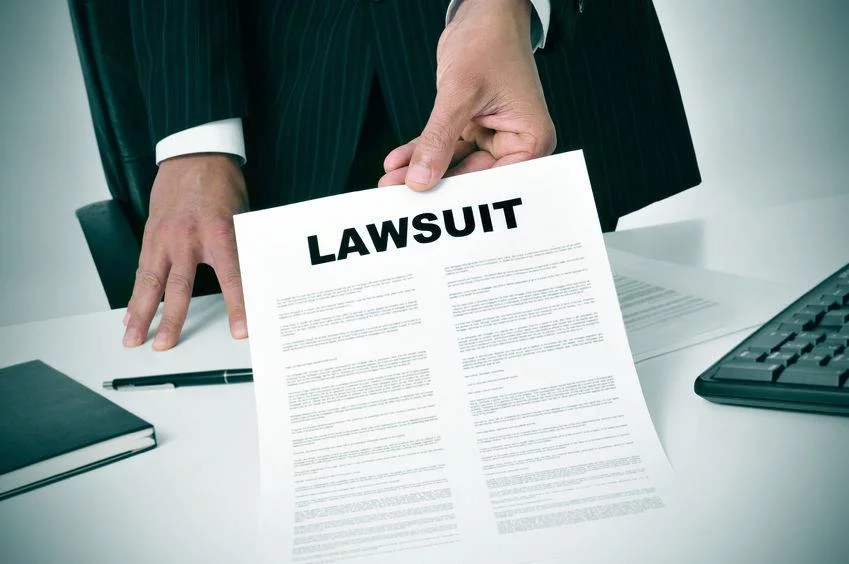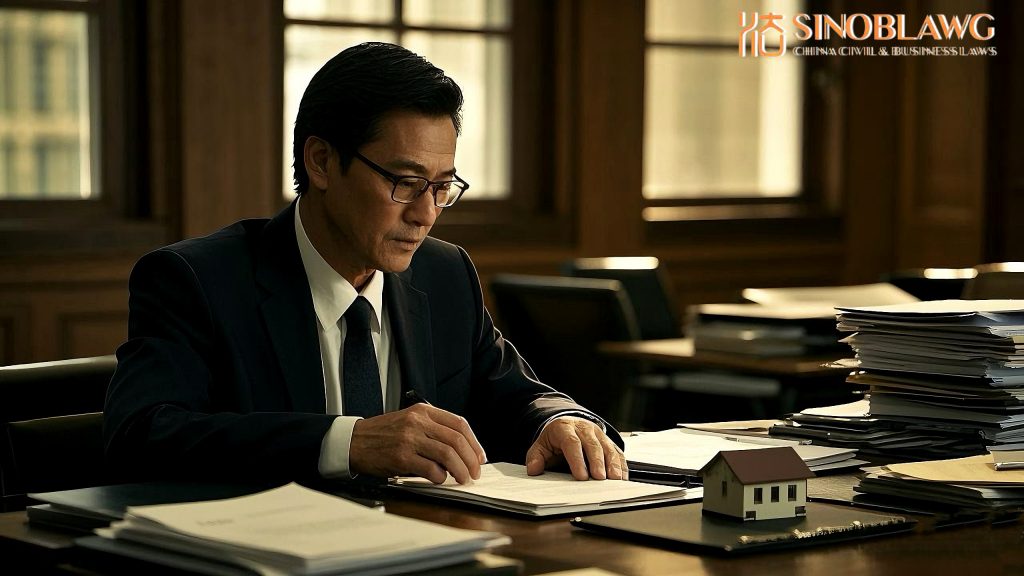As we have pointed out in the past in our posts, family trusts in China are of a rare species, mainly because family trusts, an imported legal concept from abroad, have no local soil in history for them to thrive in China.

Recent years, family trusts are a hot topic in financial industry with more and more Chinese rich families are faced with the problem of family assets inter-generation succession and estate planning. But it remains to be seen how such family trusts are treated and handled by China courts.
Recently, a case judged by Wuhan Intermediate People’s Court become the first one that the property in a family trust was frozen by the court, which is of great significance of reference.
I. Facts
In this case, based on the legal doctrine of unjust enrichment, the plaintiff, Ms. Yang (hereinafter as “Yang”), a wife, sued Ms. Zhang (hereinafter as “Zhang”), the mistress, for a refund of money which was apparently given by Yang’s husband, Mr. Hu (“Hu”). The money, including an amount of RMB 11.8 million, was placed into a family trust by Zhang whereby the trustee is a trust company in China and the beneficiaries were the out of wedlock son between Zhang and Yang’s husband and other members of Zhang’s family including (during the court proceeding, Zhang removed such family members and kept her son as the only beneficiary). Yang requested the court to freeze the fund in the said family trust. The Court in Wuhan did freeze the fund but allow the beneficiary to receive benefits from the trust.
II. Objection by Settlor Against Court Freezing Order
Zhang filed an objection to Wuhan Intermediate People’s Court and claimed to unfreeze the funds in the Trust, for the following reasons.
1) From the perspective of legitimacy of the preservation measures
In accordance with Article 95 of Notice of the Supreme People’s Court on Issuing the Minutes of the National Court Work Conference for Civil and Commercial Trials (hereinafter as “Notice”), the trust property shall be independent from regular properties of the settlor, trustee and beneficiary respectively. In other words, the settlor entrusts his property to the trustee for management, and after the trust is established in accordance with the law, the trust property is independent from other personal properties for which the settlor has not established a trust.
In addition, the China court shall not allow the parties to apply for preservation measures for the funds in specific accounts of trust companies when there are disputes between the settlors and third parties, except for the circumstances stipulated in Article 17 of the PRC Trust Law:
Article 17. Compulsory enforcement of the trust property must not be carried out except in the case of one of the situations listed below:
(1) prior to the establishment of a trust a creditor already has the rights of a priority creditor in relation to the trust property and has exercised these rights in accordance with the law;
(2) in administering trust affairs trustees have run up debts and creditors have demanded the discharging of these debts;
(3) payment of taxes that shall be borne by the trust estate itself; or
(4) other situations stipulated by the law.
In relation to the compulsory enforcement of trust property in violation of the provisions in the preceding paragraph, the settlor, the trustees or the beneficiaries shall have the right to raise objections in a people’s court.”
Article 17 of China Trust Law
The Trust in this case did not involve the circumstances mentioned above, so the order of preservation by the court was wrong.
2) From the perspective of humanity
Although the funds in the Trust was actually from Hu, the husband, he was fulfilling his duty to support his child and the income and profits of the funds would be used for his son’s living, education and other expenses.
The preservation order by the court not only frozen Zhang’s assets and bank accounts, but also frozen the profits and income of the funds in the Trust, which directly led to the loss of her son’s only source of income, causing their life to be difficult.
3) Judgement by Court
The court rejected Zhang’s objection, for the reason that the freezing measure was not the compulsory enforcement of the trust property, but only to prevent the settlor from transferring the beneficial rights or returning the principal. And the freezing measure did not affect the trustee’s business activities such as management, use or disposal of the property in the Trust. Therefore, the preservation measure by the court did not violate the Trust Law and other relevant regulations, which was valid.
Additionally, since the only beneficiary is Zhang’s son, Zhang has no right to apply for releasing the preservation of the profits and income of the Trust. That is why Zhang raised the same objection in the name of her son.
III. Objection by Beneficiary against Court Freezing Order
After that, Zhang, as the custodian of her son, raised the same objection to the Wuhan Intermediate People’s Court in the name of her son, requesting to unfreeze the funds and profits of the Trust. The reasons were the same as the ones in her last objection.
IV. Final Court Ruling- Partial Lifting of Freezing Order
In the end, the court terminated the preservation measure on the income part of the Trust, which means the Trust could continue to pay the living expenses to the beneficiary, but the court rejected the application for unfreezing the funds again.
I) Beneficiary Granted the Right to Repel Court Order
The dispute of unjust enrichment between Zhang and Yang does not fall into the circumstances stipulated in Article 17 of the Trust Law. Therefore, Zhang’s son has the right to exclude the preservation of income and profits of the Trust, and the freezing of the income and profits of the funds should be released. We are not clear about how much the Trust is distributing income to the beneficiary every month since the court hasn’t disclose much of the trust contract between the settlor and the trust company.
2) Freezing of Trust Funds Held Valid
As mentioned in the first judgement, the court took the view that the preservation on property is to prevent the settlor from transferring the beneficiary rights of the Trust and from taking back the trust fund. The freezing measure does not affect the trustee’s administration of the trust, use and disposal of the Trust property. In other words, it is of the court’s view that the order didn’t directly affect either the corpus or income of the trust funds, it didn’t mutilate or damage the veil of the trust fund.
Such rebuttal from the court is plausibly right.
V. Conclusion and Comments
The judgments of Wuhan Intermediate Court are still controversial and have led to heated discussion. Whether a family trust fund can be really insulated from the enforcement or preservation of the courts is still not clear in China. The answer depends on several factors.
1) If the property in the trust is obtained by unjust enrichment or other improper sources, is it a fraudulent trust and invalid from the beginning?
Wuhan Intermediate People’s Court made it clear that this case did not fall under the four circumstances stipulated in Article 17(1) of the Trust Law.
2) If the trust is revocable, or the settlor can change the beneficiary, then does it mean that Zhang can control the property by herself? Put it another way, is it a sham trust that should be disregarded?
It depends on the detailed articles in the trust deed. In accordance with the international practice, the trust property will be considered as Zhang’s personal property and could be enforced.
However, it could be more challenging to strike down a trust based on “sham trust” doctrine as applied in traditional common law jurisdictions, because non the books, China Trust Law does offer much more flexibility in structuring a trust. It takes time in the future to test the ground in this area.
3) If the beneficial rights should be unfrozen, the funds in the trust will be distributed to the beneficiary completely in the future. The preservation of the funds will be meaningless this way.
As China is overhauling its Trust Law, with the influence of strong emergence of trust industry and the real demand of estate planning for the rich, we believe the new coming China Trust Law will be a more balanced and modern law.






Comments